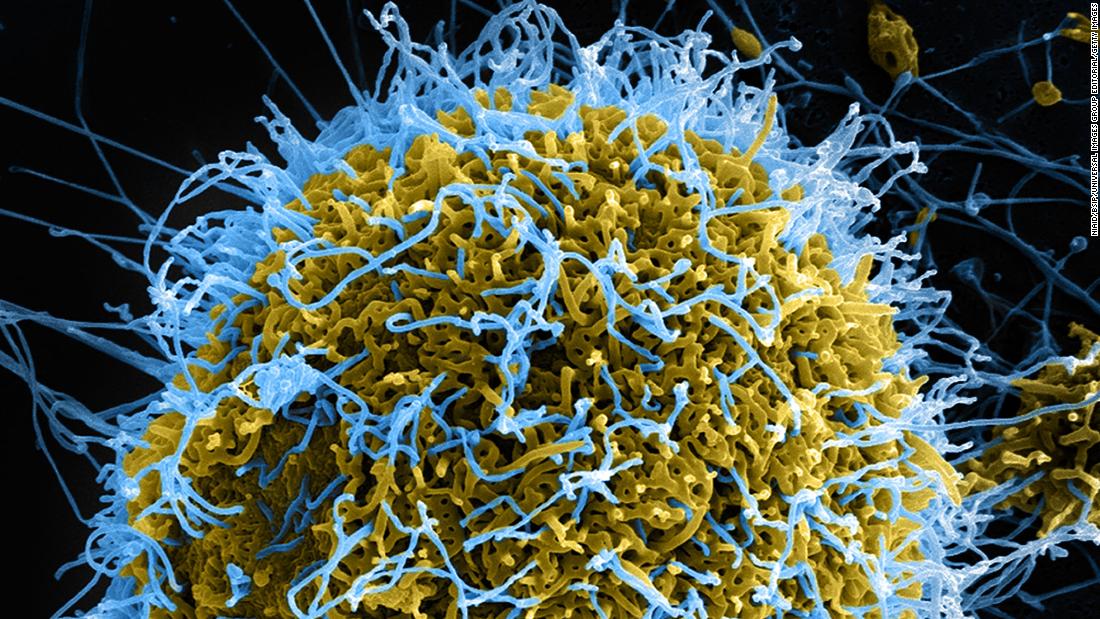Health officials in the southeastern district of N’Zerekore said seven people who attended a nurse’s funeral tested positive for the disease and experienced symptoms such as diarrhea, vomiting and bleeding. Three of them died after the February 1 funeral. It is unclear whether the nurse, who worked at the local health center, died of Ebola.
The World Health Organization (WHO) has pledged support to Guinea and helped obtain the Ebola vaccine that has helped control recent outbreaks in the Democratic Republic of Congo. His teams are already on the field and also help ensure infection prevention and control in health care facilities and other important places, as well as reaching out to communities.
An Ebola treatment center will also be opened in the Gouecke region in N’Zerekore, where the outbreak has been declared.
The Red Cross said in a statement that a network of more than 700 trained volunteers “was activated as part of a first wave of response and the government called on people to respect hygiene and prevention measures and to to report signs of the disease. authorities. “
The largest Ebola outbreak in the world so far began in 2014 in Guinea and continued until 2016, spreading to neighboring Liberia and Sierra Leone. More than 28,000 people were infected and more than 11,000 people died.
The current outbreak has resumed in a border region of Guinea and the WHO says it is working with health authorities in Liberia and Sierra Leone to increase surveillance in border districts, as well as to improve the ability to test cases.
“WHO supports the authorities to set up structures for testing, contact detection and treatment and to bring the overall response to full speed.”
Countries in West Africa are on their guard and Nigeria says it is monitoring the situation and will issue a public health advice to address problems in the populous country in Africa.
Ebola virus disease, which mostly affects humans and non-human primates such as monkeys, gorillas and chimpanzees, is a serious disease that first spreads from wild animals to humans. People can become infected by other people when they come in contact with body fluids of an infected person or contaminated objects of infected persons. Humans can also be exposed to the virus, for example by slaughtering infected animals.
The health agency said it was working with partners to provide essential medical supplies to support local health authorities. Vaccinations also began in the region on Monday.
The DRC has so far faced several outbreaks of Ebola. In June 2020, the DRC reported its eleventh Ebola outbreak. A total of 130 confirmed and probable cases were reported, as well as 55 deaths.
CNN’s Maria Fleet, Mia Alberti, Meera Senthilingam, Sharon Braithwaite and Nimi Princewill contributed to this report.
